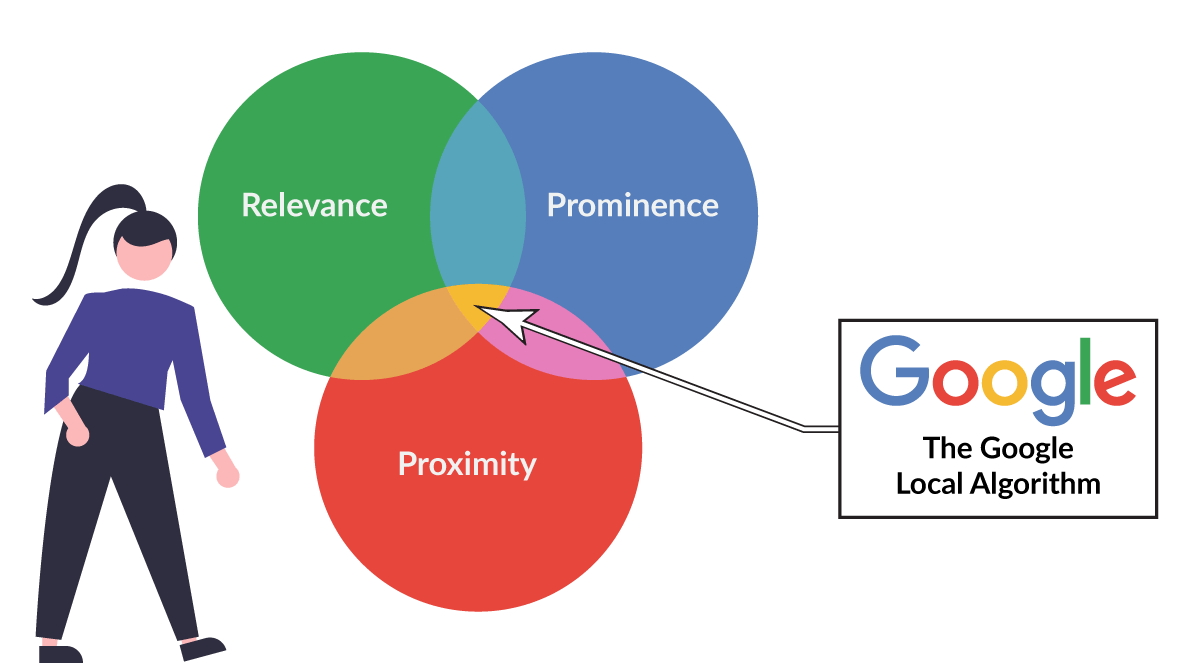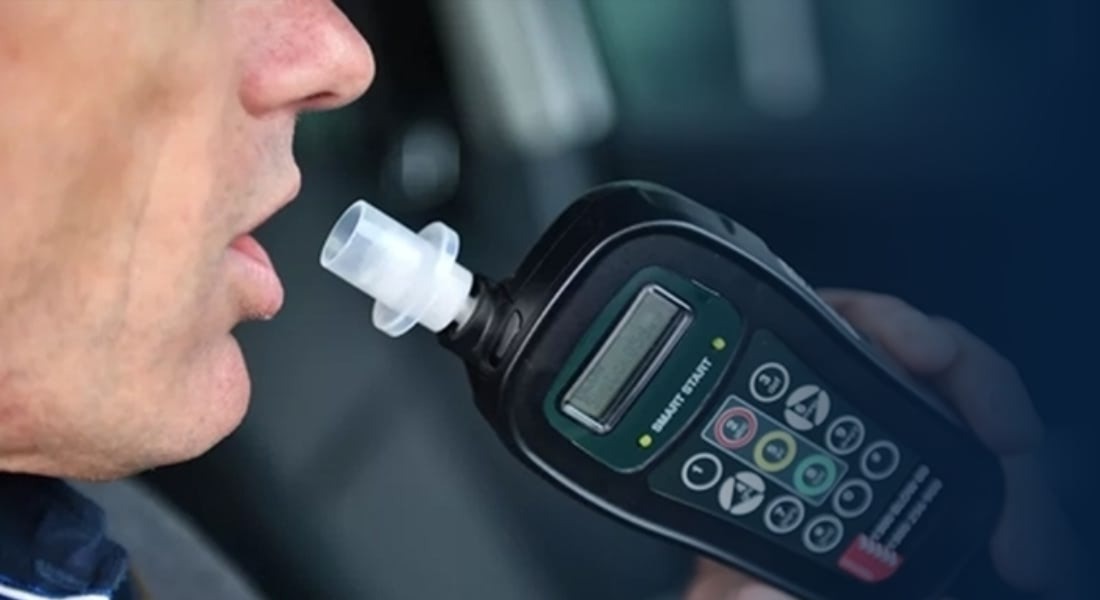What did you do the last time you needed a service nearby? You probably searched online. Millions do this daily. They look for businesses in their area. This is local search.
The question is, ‘Is your business showing up on local search?’ If not, you need to optimise your website to get local traffic. Why? Because,
- It helps local customers find you.
- It boosts your visibility.
- It drives more foot traffic.
- It increases your sales.
- It helps you rank higher on Google Maps.
This guide covers actionable steps to optimize your website for local search and attract local customers.
Understanding How Local Search Works
Google aims to connect searchers with relevant local businesses. Three key factors drive local rankings – relevance, distance and prominence.
- Relevance refers to how well your business matches the search.
- Distance considers how far your business is from the searcher.
- Prominence tells how well known your business is.
Your Google Business Profile is very important for local search. It acts as a central hub for your local presence. Other platforms like Yelp and local directories also play a role. They help customers discover local services.
Why Local SEO Matters for Your Business
People searching locally often have high intent. They use phrases like “near me”. They are ready to buy or visit. Strong local SEO connects you with these customers.
- It increases foot traffic to your physical location.
- It also boosts online conversions from local searches.
Ranking well locally gives you a real edge over competitors. Businesses offering local seo services understand this. Partnering with a local seo agency for their expertise in the domain will significantly improve your local visibility. This will lead to more local customers and revenue.
Optimizing Your Website’s On-Page Elements for Local Search
When you optimize your web pages for local search, it indicates to the search engines your connection to a specific area. This makes it easier for local customers to find you.
Location Specific Keywords
You need to identify what people around your location are typing into Google when they are looking for products and services. Those are your keywords. Include these location-based keywords naturally into your website content. It is like telling Google exactly who you serve and where. Do this right and watch your rankings climb. This helps search engines recognise the geographical relevance of your business.
Optimizing Page Titles and Meta Descriptions
Page titles and meta descriptions are what users see first-hand in search results. Compelling ones encourage clicks. Include your primary keywords and location information to significantly improve your click through rates. Make sure each page on your website has a unique and optimized title and meta description.
Header Tags (H1 H6) and Content Optimization
Use header tags to structure your content logically. H1 tags typically highlight the main topic of a page. Use H2 to H6 for subheadings. Naturally, include location specific keywords in relevant headings. Create high quality informative content. Address the needs and questions of local customers. If relevant, mention local landmarks or points of interest. Hire a digital marketing agency to help you with local SEO optimisation and content.
Local Business Schema Markup
Schema markup is structured data. It helps search engines understand your business details. This includes your name, address, phone number and hours. It also covers other relevant information. Implementing local business schema can significantly benefit your local SEO. This makes it easier for search engines to show rich snippets for your business. This improves your visibility in local search.
Leveraging Your Google Business Profile (GBP)
Your Google Business Profile is often the first thing potential customers see. An optimized GBP listing can significantly boost your visibility in local searches, driving awareness, consideration and ultimately, decisions in your favor.
A. Optimizing Your GBP Listing
A complete GBP profile is essential for attracting local leads and conversions. It tells Google and potential customers exactly who you are and where to find you.
- Accuracy – Your Name, Address and Phone number (NAP) must be consistent across all online platforms.
- Verify details – Double check your business hours, categories and attributes are correctly listed.
- Add value – Include a compelling business description that uses relevant keywords naturally. Highlight what makes your business unique to the area.
B. Engaging with Reviews
Reviews tell what people are saying about your business. They build trust and influence local rankings. Actively manage and respond to all feedback.
- Monitor consistently – Keep an eye on new reviews. Show you value customer opinions.
- Respond thoughtfully – Address both positive and negative reviews professionally. Acknowledge positive feedback. Offer solutions for negative experiences.
- Encourage feedback – Politely ask satisfied customers to leave reviews. Make it easy for them by sharing a direct review link.
C. Utilizing GBP Posts, Photos and Q&A
Are you keeping your GBP fresh and informative? These features offer opportunities to engage potential customers and provide valuable information.
- Share updates – Use posts to announce offers, events and news related to your business in your location.
- Showcase visually – Upload high quality photos of your business, team and services. Let locals see what you offer.
- Answer queries – Promptly and accurately respond to questions in the Q&A section. Address common queries. This provides helpful information and can improve your visibility for relevant searches.
Building Local Citations and Backlinks
Local citations and backlinks act like digital signposts, guiding potential clients and search engines to your website. They boost your visibility within the local online sphere, making it easier for those in your area to discover your services.
A. The Role of Local Citations
Local citations are like online mentions of your business name, address and phone number (NAP). These mentions, even without a direct link to your website, are vital. Here is why!
- They help search engines verify your business details and build trust in your local presence.
- Consistent NAP information across the web signals to Google that your business information is accurate and reliable.
- Ensure your business is listed on relevant local online directories. You can avail digital marketing services to get listed on industry specific websites.
- Double check that your business name, address and phone number are exactly the same across all online listings to maintain consistency for users as well as search engines.
B. Earning Local Backlinks
Backlinks from other credible local websites act like endorsements. When reputable sites in the area link to your website, it tells search engines that your content is valuable and trustworthy within the local context. Examples of valuable local backlinks include links from local business associations, community websites and even local news outlets.
- Become a local sponsor – Support local events or initiatives. Often, their websites will list sponsors with a link back to your site.
- Collaborate locally – Partner with other businesses in your location. Explore opportunities for joint content creation or cross promotion that includes website links.
- Create local value – Develop blog posts or resources that are specifically relevant to businesses. This could include guides or case studies. High quality local content naturally attracts links.
- Focus on quality – A few strong backlinks from reputable local sites are much more valuable.
C. Monitoring and Managing Your Online Reputation
Monitoring your online reputation is important to understand how your brand is perceived locally and allows you to address any concerns.
- Track mentions – Track where your business is being mentioned online. This includes reviews, social media and other websites.
- Respond strategically – Address reviews and mentions promptly and professionally. Show that you value feedback and are committed to providing excellent service.
Mobile Optimization for Local Search
Mobile devices are the primary tool for local discovery. If your website isn’t excellent on mobile, you are losing potential clients. Google now uses mobile first indexing. This means it primarily looks at the mobile version of your website to rank it. A mobile friendly website is no longer optional but essential for local success.
Key aspects of mobile optimization:
- Fast loading times: Mobile users expect quick results. Optimize images and website code for speedy loading as slow loading times frustrate users and increase bounce rates.
- Easy navigation: Ensure your website is simple to navigate on small screens. Use clear menus and buttons that are easy to tap.
- Click to call functionality: Make it easy for mobile users to contact you directly. Implement click to call buttons on your website.
- Mobile friendly forms: Ensure your contact or lead generation forms are easy to fill out on a mobile device. Short, clear forms work best.
Prioritize mobile optimization and provide a better UX to your local searchers. This ranks your site higher and converts mobile traffic into valuable customers.
Tracking Your Local SEO Performance
How do you guage that your efforts to attract local clients are getting results? It is done by Monitoring key metrics that provide valuable insights into your digital marketing strategy for local search so far.
Key metrics to monitor include:
- Local Rankings: See where your website ranks for relevant local keywords. This shows how visible you are to potential clients.
- Website Traffic from Local Searches: Analyze how many visitors have reached your site through local search queries. This points to the effectiveness of your local keyword targeting.
- Google Business Profile Performance: Track views, actions (like website clicks, phone calls, and direction requests) and engagement on your GBP. This reveals how people interact with your listing.
- Customer Inquiries: Track the number of phone calls, contact form submissions, and other inquiries you get from local customers. This directly measures your success in attracting local leads.
- Conversions: Track how many local inquiries turn into actual clients. This demonstrates the return on your local SEO investment.
Conclusion
A strong local SEO strategy is all about ranking higher for location based keywords and connecting with the right audience at the right time. It drives valuable local traffic, increases customer inquiries and ultimately fuels business growth within the community.
Start taking action on these local seo tips today with the help of an expert local SEO agency. Connect with more customers in your location. Unlock the full growth potential of your local market.





